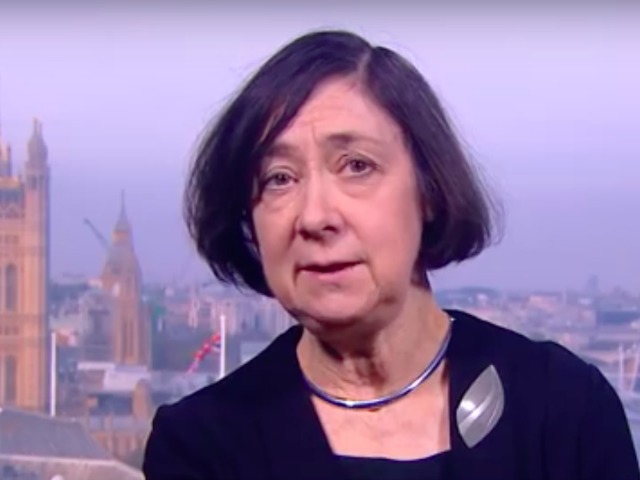 Photo: Mary Dejevsky, a former Moscow and Washington correspondent and now Guardian writer and member of the UK’s Chatham House think tank/Leading expert on Russia in UK says Moscow might recognise Kosovo as part of a grand re-set of America-Russia relations.
Photo: Mary Dejevsky, a former Moscow and Washington correspondent and now Guardian writer and member of the UK’s Chatham House think tank/Leading expert on Russia in UK says Moscow might recognise Kosovo as part of a grand re-set of America-Russia relations.
One of Britain’s most respected experts and commentators on Russia has floated the prospect of Russia recognising Kosovo’s independence as part of a wider agreement between Washington and Moscow, once Donald Trump takes the reins as US President.Mary Dejevsky, a former Moscow and Washington correspondent and now Guardian writer and member of the UK’s Chatham House think tank, raised the idea in Britain’s Catholic Tablet magazine in its January 21 edition, reflecting on the possible consequences of a successful Trump-Putin meeting in the near future.Trump has repeatedly stated his desire to meet Russian President Vladimir Putin soon after his inauguration and put US-Russian ties on a new footing.
Dejevsky, who regularly meets Kremlin leaders through the Valdai Group, which meets Russian officials each autumn, suggested Moscow could recognise Kosovo as part of a package aimed at closing down various post-Cold War diplomatic issues that have dogged relations between the powers.In the article, Dejevsky described Trump as a deal maker who would soon size up whether the Russian leader was serious about an agreement, and would walk away and make other arrangements if he felt misled.However, Dejevsky said Putin was investing heavily in making a deal with the new US Administration work, and was unlikely to let the opportunity slip, as it would damage his domestic standing.
Russia has staunchly opposed recognition of Kosovo, a former province of its close ally Serbia that broke away with Western military help in 1999 and declared full independence in 2008.Most Western countries, starting with the US, long ago recognised its statehood, but Serbia, Russia, China, five EU member states and many other countries have not. Non-recognisers include most countries in Central and Latin America and Asia and about half of the states in Africa.
The pace of recognitions has also slowed in recent years; last year saw only two, Surinam and Singapore. Altogether, about 110 of the 193 member states of the UN have granted recognition.While Russian recognition would be hailed as a great breakthrough in Kosovo, it would come as a great shock to Russia’s historic ally, Serbia. Belgrade has vowed never to accept Kosovo’s statehood and continues to claim Kosovo as an integral part of its national territory, although it has agreed to “normalise” relations with Kosovo under EU auspices.